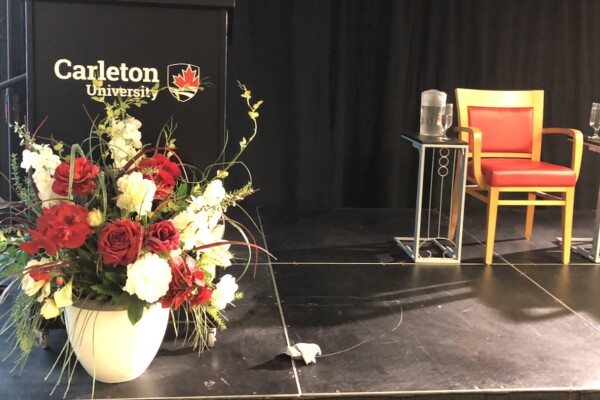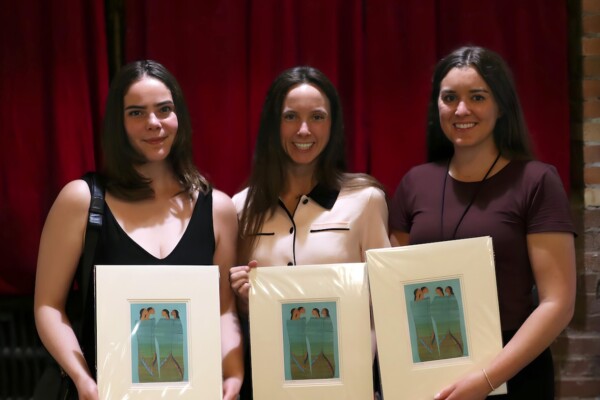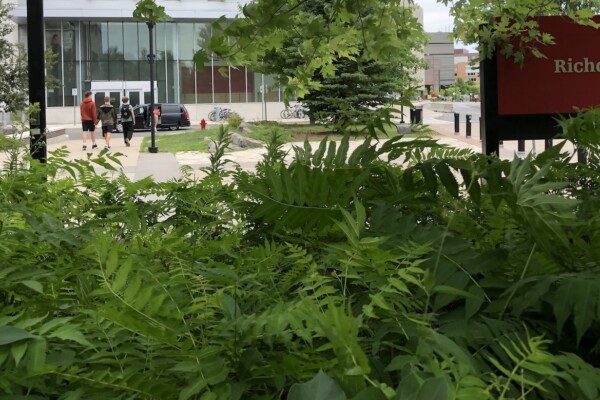About
In 2013, the Master of Philanthropy and Nonprofit Leadership (MPNL) program and its sister program, the Graduate Diploma in Philanthropy and Nonprofit Leadership (DPNL) program, were launched with a vision: to equip graduates with a specialized, versatile set of skills and knowledge to succeed in a range of careers in nonprofits, social enterprises, foundations, government agencies and private-sector firms. Both the MPNL and DPNL programs are unique in Canada and comparable to programs internationally — and their formats allow students to study without needing to relocate.
For more than a decade, students and alumni of both programs have included a mix of experienced and aspiring professionals, innovators and change-makers. They make positive contributions to the world, knowing this requires the ability to think critically, use evidence, develop strategies and demonstrate effective leadership. And they use their diverse interests and experiences to learn from and mentor each other during the program and throughout their professional careers.
The MPNL/DPNL program accepts about 30 students a year
There’s only one application deadline and intake each year, with classes beginning in the summer (not in the autumn). Please note that we review applications as they arrive, and will make early offers before the application deadline, if applicants apply before the application deadline. MPNL and DPNL students take the same courses; the difference is that the DPNL program is shorter. Please see our Programs page for more about courses, admissions requirements, scholarships and other details.
Students speak about the MPNL program:
Titilayo Adedeji discovers the program:
Sayed Farhad Hasimi joined the MPNL program, at Carleton University, in 2024, after more than 20 years of working with nonprofit organizations in war-affected countries. He says that, in terms of nonprofit leadership, theory and practice came together for him in the program:
-
Our Recent Newsletter
Please click here for the full February 2026 newsletter:
-
Why Rich People Give
The Philanthropy and Nonprofit Leadership (MPNL) program, at Carleton University, hosted a PhilanthroThink webinar, “Why Rich People Give,” on Nov. 28, 2025. Below is a…
-
A New Book About Lessons in Philanthropy
Barb McInnes, co-founder and leader of the Ottawa Community Foundation for decades, was at the forefront of transformative work, creating new avenues for individuals to…
-
Students Win Prestigious ANSER Award
Anna Hamilton, Jing Jia, Michelle Murphy and Tara Russell receive the ANSER 2025 Master’s Thesis/Capstone Project Award for their report, Mind Blowing, Powerful, Deficient: Scoping…
-
Centre for Philanthropy and Civil Society
Centre for Philanthropy and Civil Society Canada’s only graduate program in philanthropy and nonprofit leadership, the MPNL program, would be the ideal home for Canada’s…
-
Celebrating Philanthropy: Strengthening Canada’s Culture of Philanthropy
The MPNL program hosted “Celebrating Philanthropy: Strengthening Canada’s Culture of Philanthropy” on June 26, 2025, at Carleton University. TD sponsored the event and panel. The…
-
Community Partners
-
Programs
-
Apply
-
Scholarships
-
Job Postings
-
News





